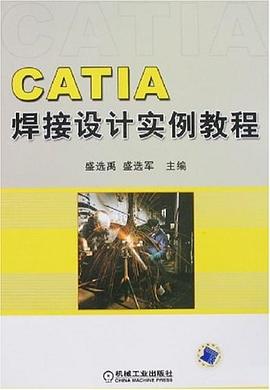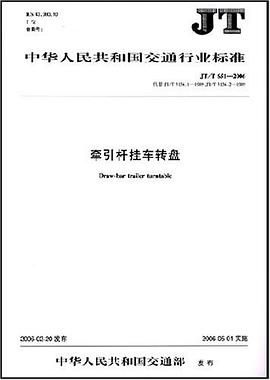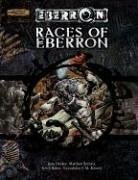

具體描述
Arnold J Toynbee was a historian whose 12-volume A Study of History had a huge impact on the thinking of his day. This epic, multi-volume work offered a grand synthesis of world history from the global perspective of the rise and fall of civilizations, rather than concentrating on the history of nation-states or of ethnic groups. For Time magazine Toynbee was 'an international sage' and certainly in the same bracket as 'Einstein, Schweitzer or Bertrand Russell'. Daisaku Ikeda is a figure of global stature, the spiritual leader of a worldwide lay Buddhist organisation devoted to the promotion of education, culture and peace. Between 1971 and 1974 Toynbee and Ikeda discussed many of the vital issues which confronted their societies in the early 1970s, all of which remain current and significant. Indeed, topics such as the problems of pollution, dwindling natural resources, conflict and war, the role of religion, and population growth, are even more pressing than they were thirty years ago. In this volume - which still reads as freshly as it did whenit was first published, and which is now reissued for a new generation of readers - the inspiring challenge issued by both men is framed as follows: will humankind choose to salvage its destiny by a revolution in thinking and morals? Or will disaster ensue if it pursues its present course towards self-destruction and the despoliation of the environment? While recognising that our survival is threatened by the imbalance between human immaturity and technological achievement, the optimistic message of this classic Dialogue is that man-made evils have a man-made cure.
Will disaster ensue if it pursues its present course towards self-destruction and despoliation of the environment? While recognising that our survival is threatened by the imbalance between human immaturity and technological achievement, the message of this classic is that man-made evils have a man-made cure.
著者簡介
Arnold Toynbee (1889-1975), CH, was Professor of International History at the University of London until his retirement in 1955. His major published work was A Study of History, which appeared in successive volumes from 1934 to 1961.
Daisaku Ikeda (1928-) is the President of Soka Gakkai International, a lay Buddhist organisation with millions of adherents in over 190 countries throughout the world. He is the author of over 80 books on Buddhist themes, and received the United Nations Peace Award in 1983.
圖書目錄
Part II: Political and International Life * The Second Half of the Twentieth Century * Arms and War * Choosing a Political System * One World *
Part III: Philosophical and Religious Life * The Nature of Things * Roles Religion Plays * Good and Evil * Index
· · · · · · (收起)
讀後感
中文版的书名严重误导了我, 我开始以为是什么烂书呢! 从图书馆借来的, 一翻,哇塞! 差点被书名误导了。 其实这本书所涉猎的范围是如此之广之深! 补充,英文版书名是《choose life》(对生命的选择)。 好书, 不知道有没有新版, 书的文字看起来稍微有点累, 建议应该...
評分 評分一直觉得宗教很神秘,被马克思教导宗教是精神鸦片。。。。 这本书来自清教徒和佛教徒的对话,从人生、社会、政治、世界和哲学多角度讨论宗教的重要性,看得很吃力,也纠正了一些偏见 怪不得全世界有几十亿的教徒呢
評分Choose Life: A Dialogue with Arnold J. Toynbee. 必須讀原版。 前幾年發現,很多小孩都在看什麼大前研一,稻盛合夫……嘿嘿!我姐那輩,小時候看的那可是池田大作!先拋開比較不提,一代又一代的中國青年真是被小日本給勵了志洗了腦,這是個必須接受的尷尬現實。今天的飯桌...
評分想感慨一句,小日本到底还是念念不忘投向他们岛国的两枚原子弹的,在整本谈话录中,无论什么话题,两人都能谈到宗教,这是因为他们是虔诚的宗教信徒,此外就是日本学者池田大作无论什么话题都能谈到那两发原子弹,然后心痛地批判。 这是爱国心使然,再博学再有名望也逃不开这...
用戶評價
相關圖書
本站所有內容均為互聯網搜索引擎提供的公開搜索信息,本站不存儲任何數據與內容,任何內容與數據均與本站無關,如有需要請聯繫相關搜索引擎包括但不限於百度,google,bing,sogou 等
© 2025 book.quotespace.org All Rights Reserved. 小美書屋 版权所有




















